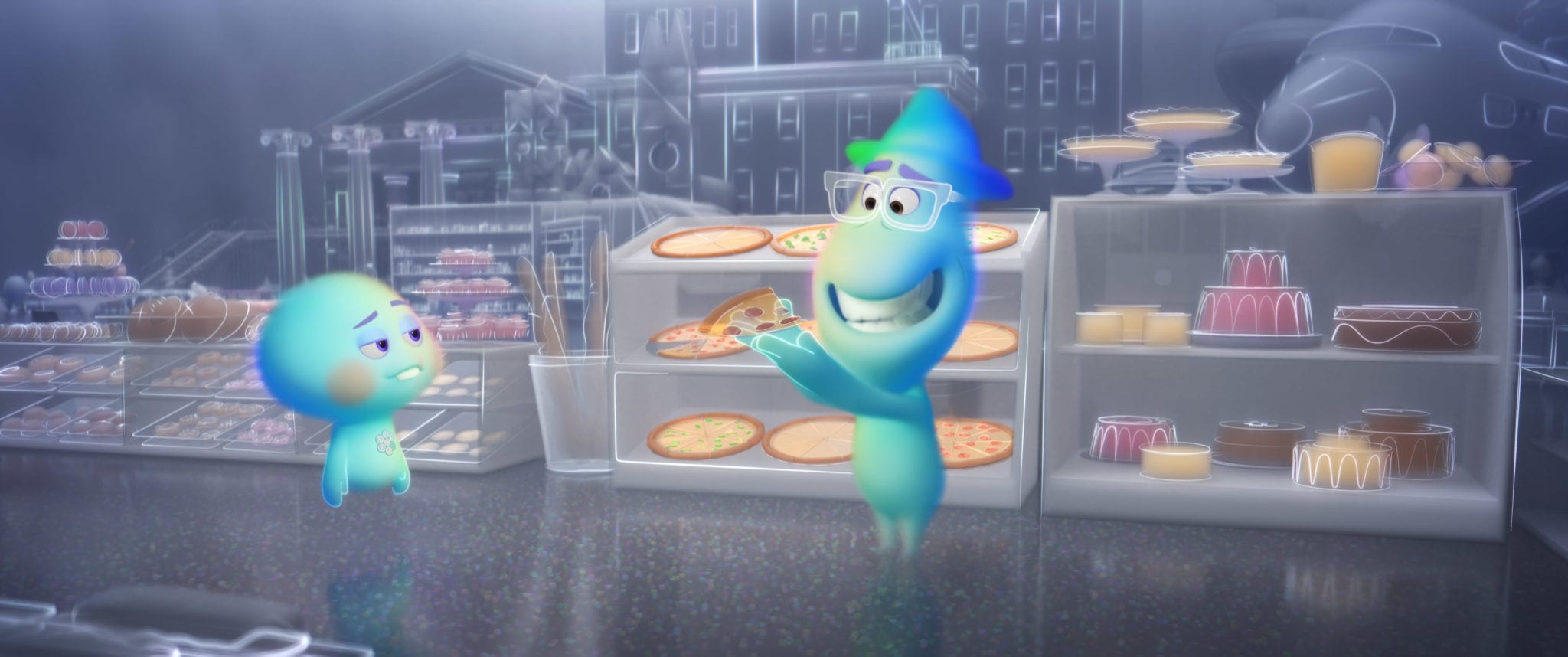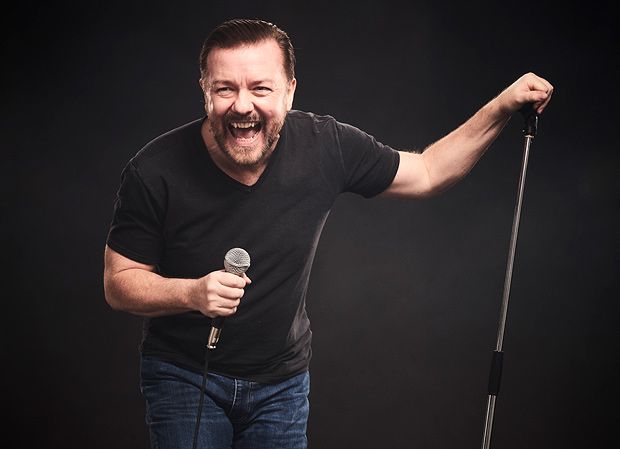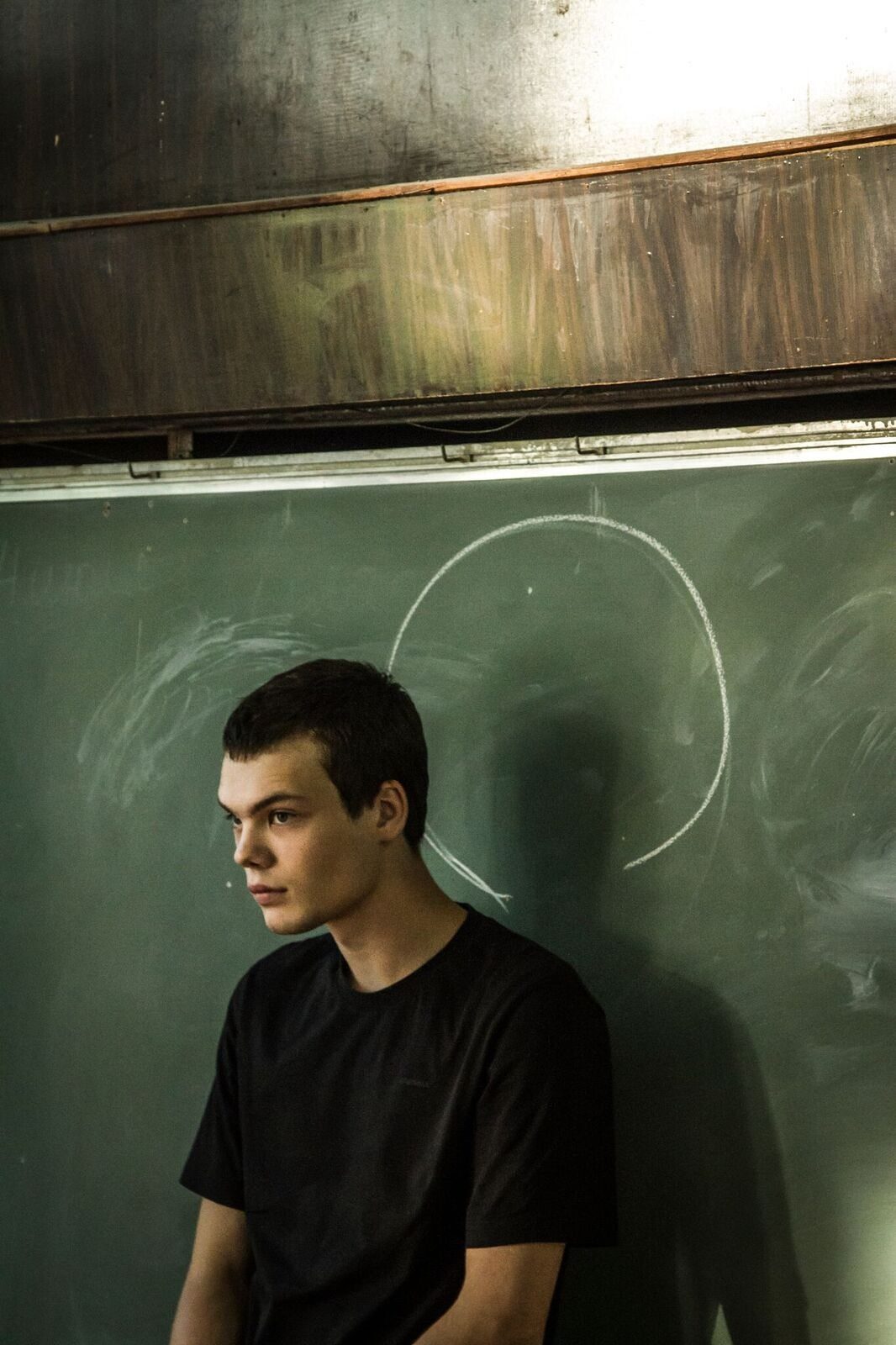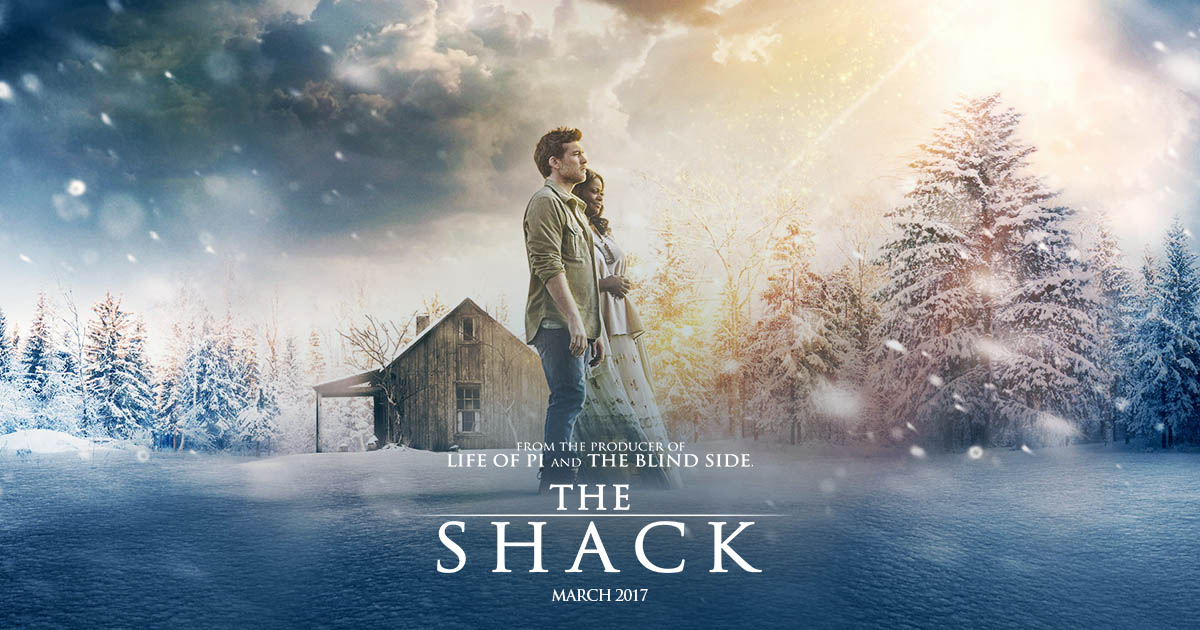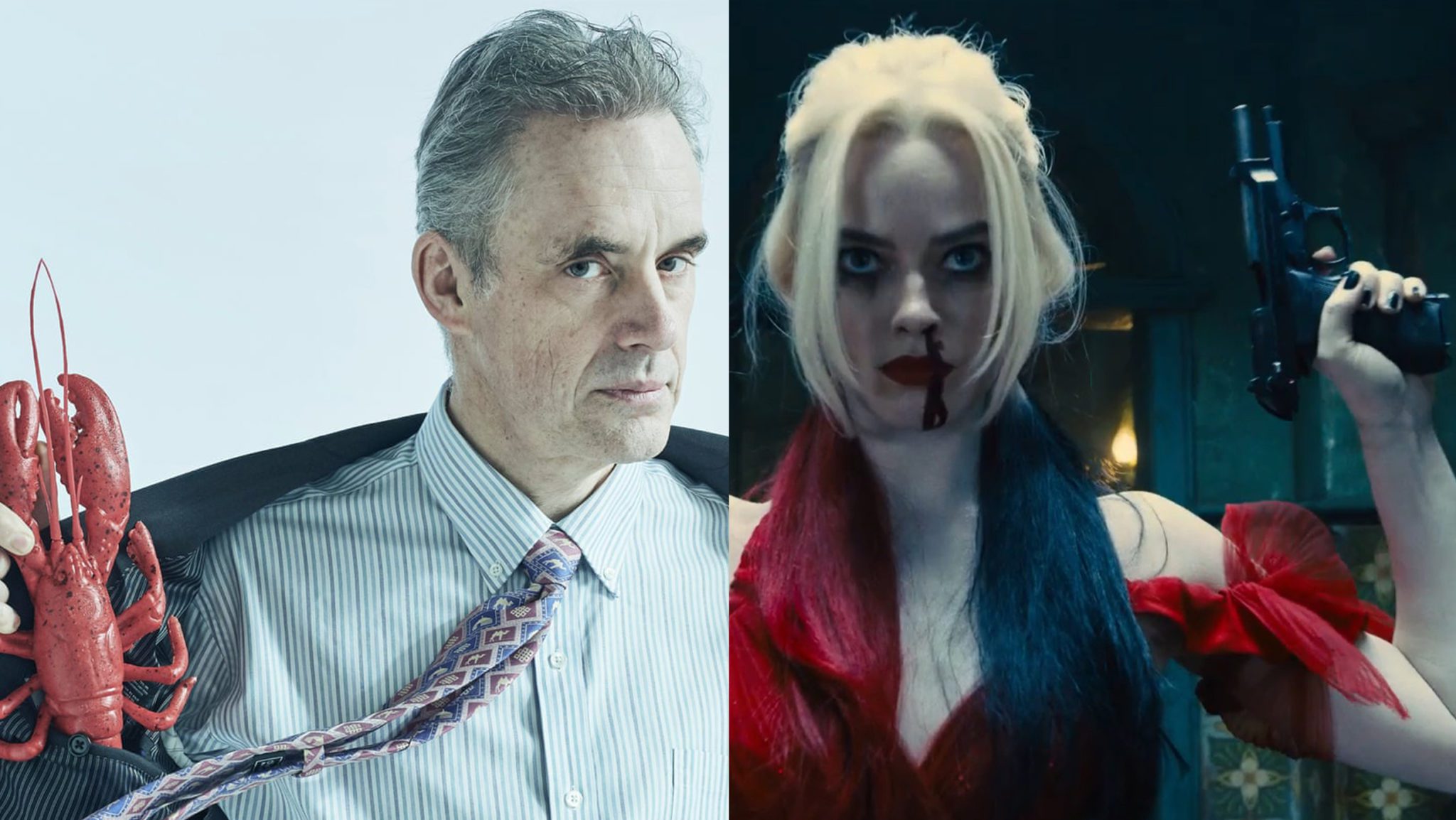
What Non-Christians Get Right; Suicide Squad; Green Knight; Ted Lasso
Is Christianity “metaphorically true, but literally false?” In this episode of the Your Sunday Drive podcast, we look at recent critiques of (and hopes for) the faith from non-Christian “new pragmatists” such as Jordan Peterson, Bret Weinstein, Tom Holland and Douglas Murray. Along the way we discover some things non-Christians get right, some things they…

